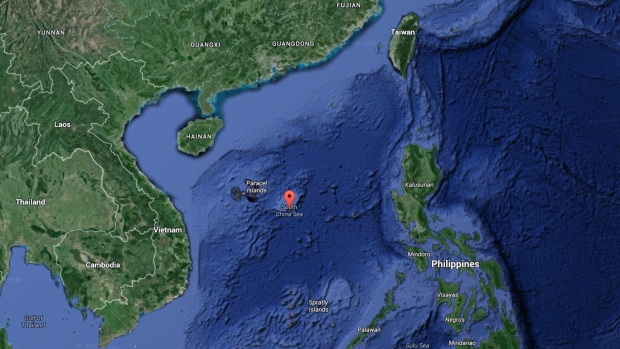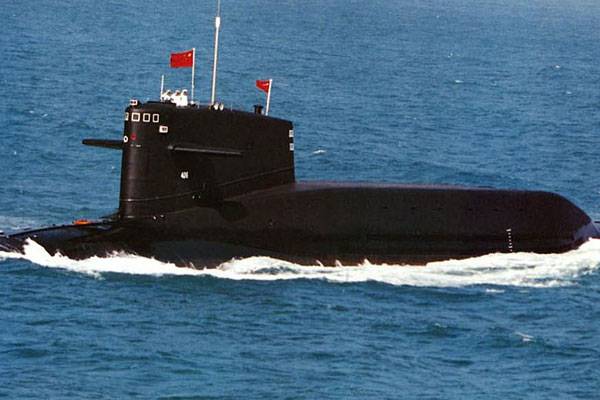- Aug 16, 2011
- 127,704
- 24,026
- 2,180
When there are 100 people waiting and ready to take his place, and there are no labor protections like we have here? Sure.
And from where do you get your source of information?....
People who own businesses, and work with the government in China. There are lots of environmental protection laws there too, but that doesn't mean they are always followed.
Start a business in China...You lose the right to vote........
What right to vote?
China has "elections"....
Not really. Some little village things here and there, but for the most part, no.



